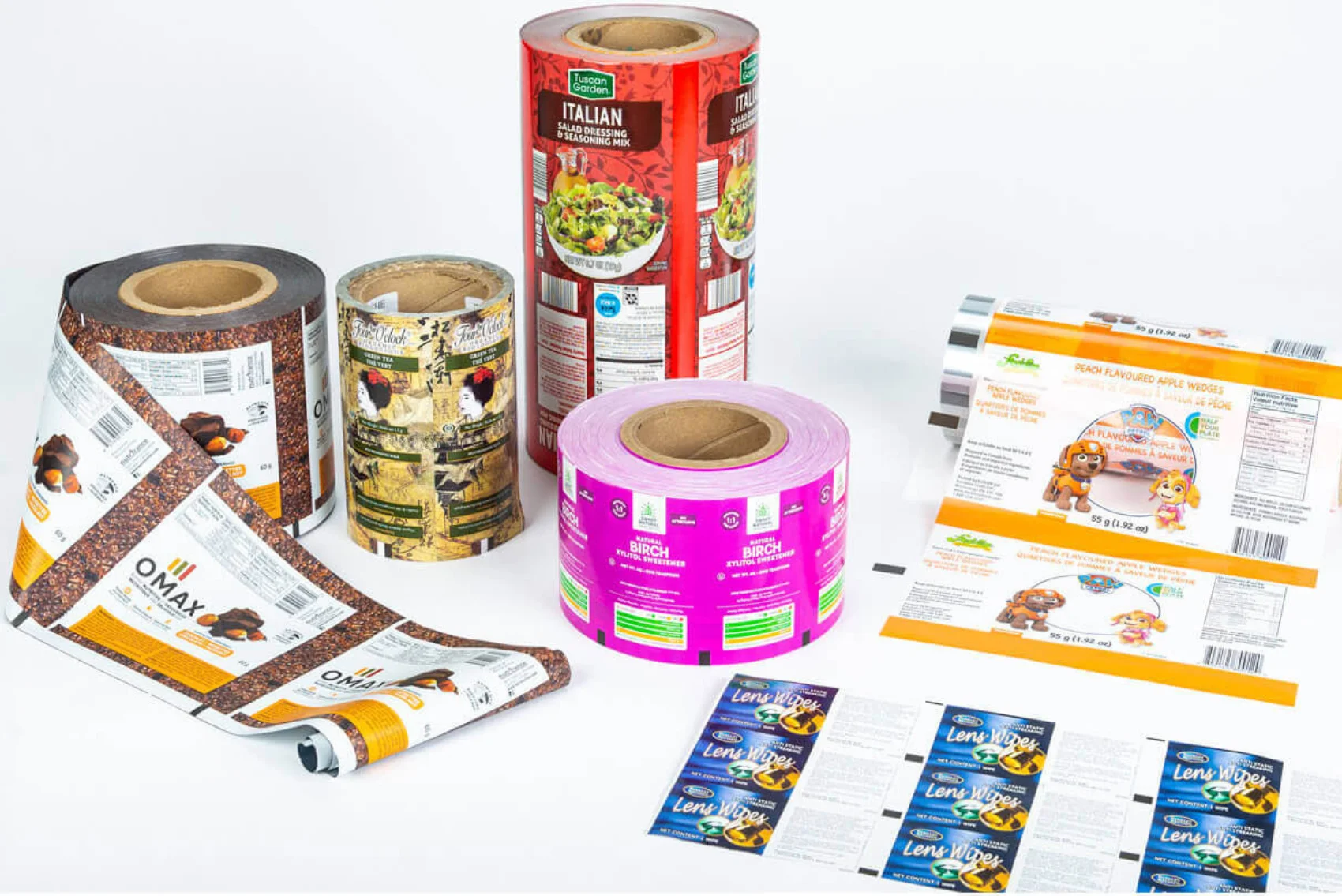Physical Address
304 North Cardinal St.
Dorchester Center, MA 02124
Physical Address
304 North Cardinal St.
Dorchester Center, MA 02124

In the dynamic realm of product packaging, businesses are perpetually in search of solutions that marry visual appeal with practical efficiency. Enter PPC (Polypropylene Carbonate) flexible packaging, a revolutionary method gaining prominence in recent years. This blog delves into the nuances of PPC packaging, exploring its unique characteristics, myriad benefits, and transformative impact on the packaging industry.
PPC flexible packaging stands as a testament to the evolution of packaging materials. Derived from polypropylene carbonate, it is a bio-based plastic offering versatility and environmental friendliness. This section unravels the distinctive features that make P.P.C flexible packaging a standout choice in the current era, where sustainability and functionality go hand in hand.
1. Flexibility and Versatility: PPC’s flexibility allows it to conform seamlessly to product shapes, ensuring a snug fit for enhanced protection and optimal space utilization during transportation and storage.
2. Durability and Barrier Properties: Despite its pliability, flexible packaging boasts remarkable durability, providing an effective shield against moisture, light, and oxygen—ensuring the longevity and quality of enclosed products.
3. Printability and Branding Opportunities: The smooth surface of PPC enables high-quality printing, offering businesses a canvas to showcase vibrant designs that elevate product aesthetics and bolster brand presence.
1. Bio-based Composition: PPC’s roots in renewable resources position it as an eco-friendly alternative, reducing reliance on fossil fuels and aligning with the growing demand for sustainable packaging.
2. Recyclability and Circular Economy: The recyclability of PPC supports the creation of a circular economy, wherein the material can be repurposed into new packaging, contributing to environmental conservation.
3. Reduced Carbon Footprint: PPC’s production boasts a lower carbon footprint compared to traditional plastics, making it a strategic choice for businesses aiming to reduce their environmental impact.
1. Cost-effectiveness: PPC’s lightweight nature cuts transportation costs, and its flexibility minimizes the need for excess materials, offering businesses a cost-effective packaging solution.
2. Extended Shelf Life: The barrier properties of PPC result in an extended shelf life for products, reducing spoilage and waste, thereby enhancing overall profitability.
3. Market Differentiation: PPC packaging sets businesses apart by showcasing their commitment to sustainability, attracting environmentally conscious consumers and fostering brand loyalty.
While PPC flexo packaging brings a multitude of benefits, businesses need to address challenges such as limited recycling infrastructure, initial implementation costs, and the necessity for consumer education regarding PPC’s recyclability and environmental advantages.
As businesses seek packaging solutions that resonate with modern values, PPC flexible packaging emerges as a transformative force. Its blend of flexibility, durability, and eco-friendliness not only elevates brand image but also contributes to a more sustainable and resilient future for the packaging industry. Embracing flexible packaging is more than a business decision; it’s a commitment to innovation, sustainability, and a brighter tomorrow.